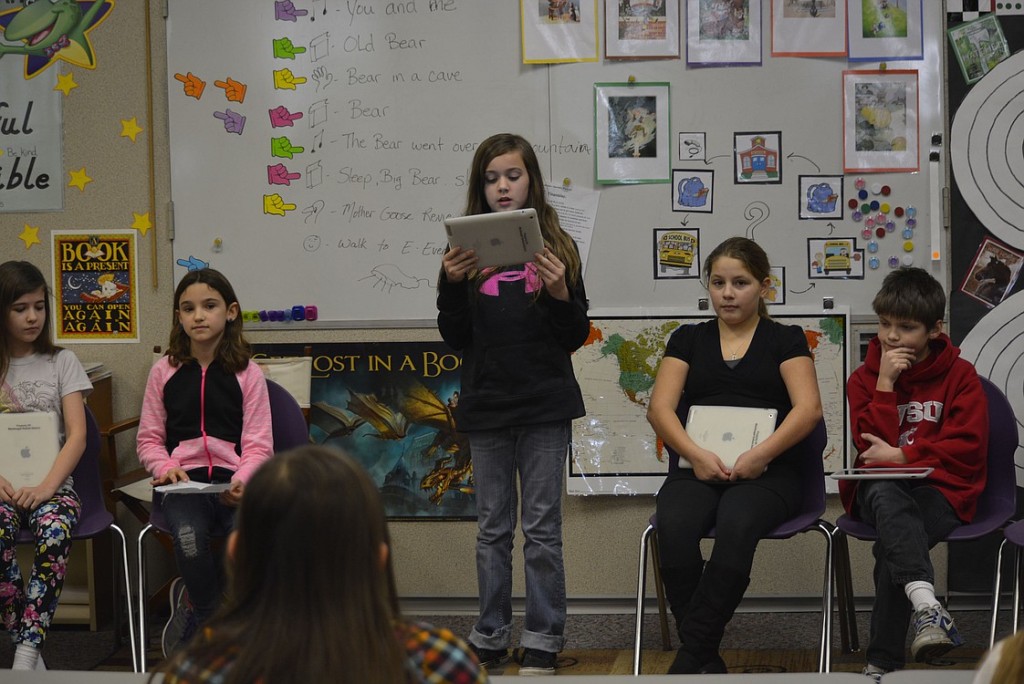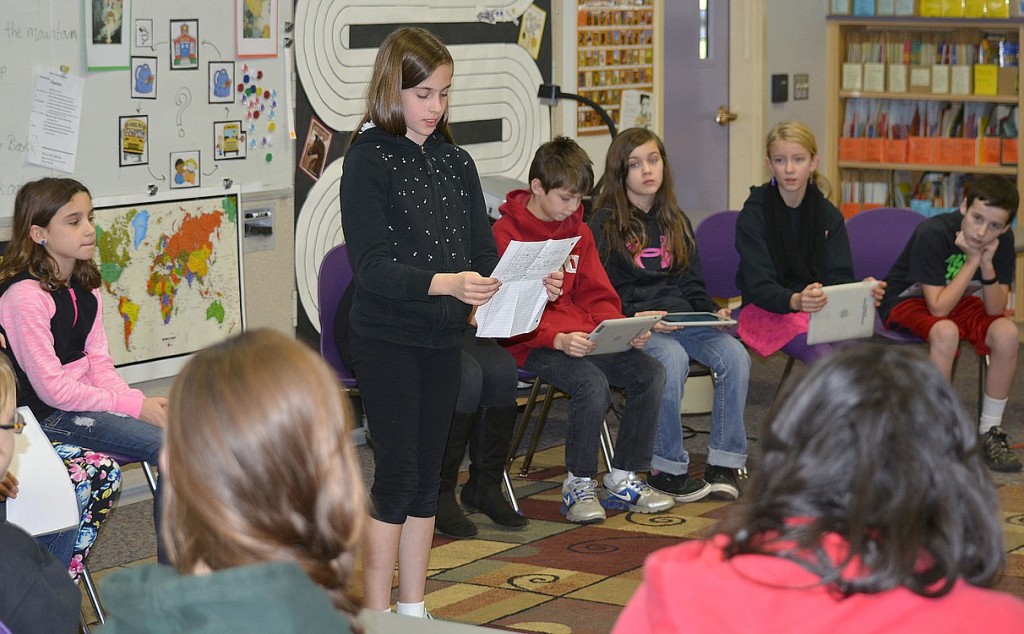Tara Ziegler looked at the crowd and prepared to voice her opinion on why the city of Washougal should not pass a bicycle helmet ordinance.
“It is really our family members or guardian’s responsibility, not the government’s job, to keep us safe and wear helmets,” she said.









